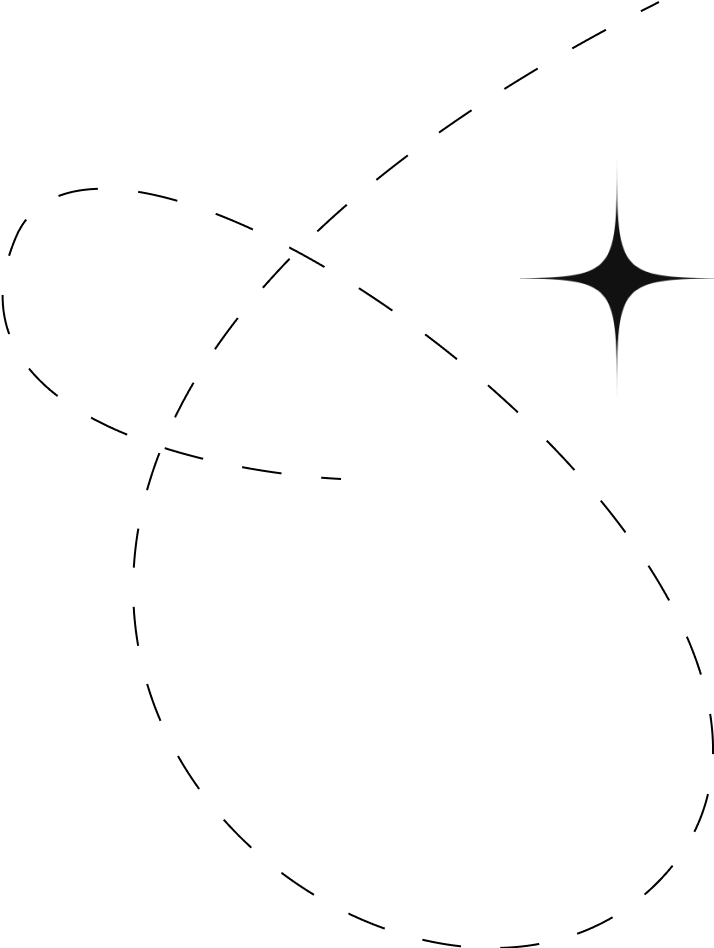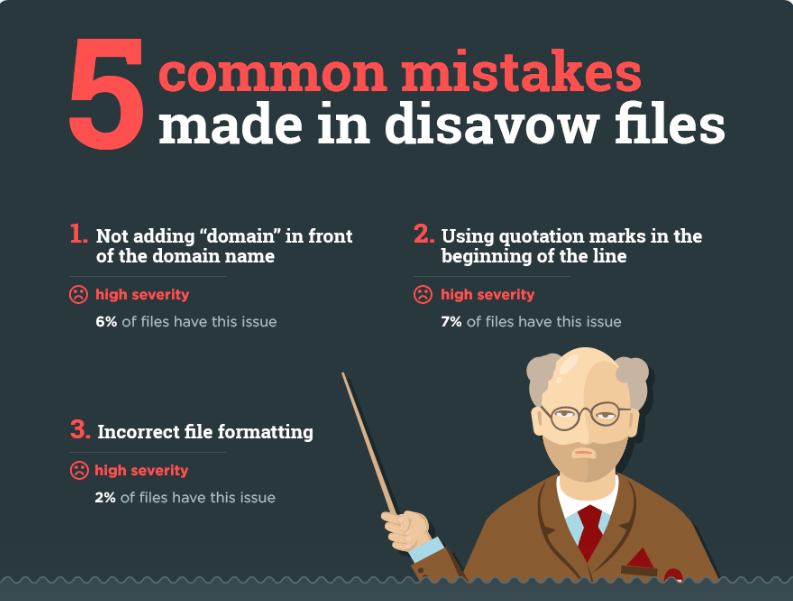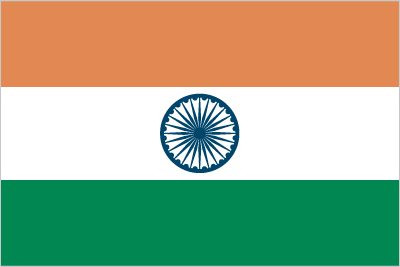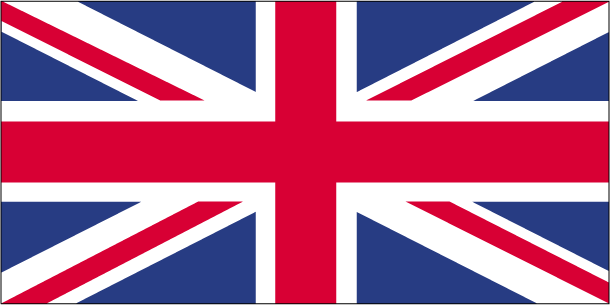Guides
Understanding Penguin Algorithm
Google Penguin is an algorithm update that first rolled out in April 2012. This update was designed to combat web spam, specifically targeting link spam. It penalized websites that violated Google’s Webmaster Guidelines (now known as Google’s ‘Search Essentials’ and ‘Spam Policies’) by using unethical techniques to acquire spammy links and artificially boost search engine rankings. On the flip side, it rewarded websites with genuine, high-quality link profiles

For many years, websites penalized by Google Penguin saw their rankings drop significantly. To recover and regain Google’s trust, website owners or SEO agencies had to remove the problematic links. This involved sending out requests to have these links removed or, if that wasn’t possible, submitting a disavow list to Google Search Console. Essentially, this was a way of asking Google to ignore certain links when evaluating the site. Results that were more aligned with the user’s intent.
However, a major issue was that Google Penguin updates only happened periodically. This meant that even after removing or disavowing spammy links, websites had to wait for the next Penguin update to be re-evaluated, which could take anywhere from six months to a year. During this waiting period, sites could be wrongly classified as spam and left in limbo until the next update.
In September 2016, a new Penguin algorithm update changed the game. This update not only improved Penguin but also made it a part of Google’s core algorithm. As a result, Penguin now assesses websites in real-time whenever the core algorithm visits. This means that spammy links are devalued immediately, rather than waiting for a periodic update. Instead of penalizing entire sites, Penguin focuses on devaluing the spammy links, removing any ranking benefit they might have provided, while still reserving penalties for the most severe cases of link spam.
At Tomatotree Digital in Kerala, we stay updated with these changes to ensure your website thrives under Google’s evolving algorithms. Our SEO strategies are designed to build authentic, high-quality link profiles, helping you maintain and improve your rankings sustainably.
Penguin 4.0, the fourth version of Google’s algorithm, marked a significant milestone by running in all languages. Announced on September 23, 2016, Google stated that “webmasters should be free to focus on creating amazing, compelling websites.” This update was also declared the final Penguin update of its kind.
While Penguin continues to address the web spam issues it was designed to tackle, incorporating it into Google’s core algorithm has expanded its role significantly. The “core” algorithm is made up of over 200 separate algorithms that determine how a website should rank for a given search query.
Other key changes to the algorithm included:
Penguin 4.0 focuses on devaluing spammy links rather than punishing sites for them. Low-quality links are generally ignored, which is great news for websites in Kerala that may have been unfairly penalized in the past. However, if a large number of low-quality links are detected, Penguin can choose to discount all the links pointing to your site, significantly impacting your visibility. Severe cases still face penalties.
The disavow tool remains available, but senior Google officials have advised using it with caution, especially in 2019 and again advised in 2023.
Penguin 4.0 focuses on devaluing spammy links rather than punishing sites for them. Low-quality links are generally ignored, which is great news for websites in Kerala that may have been unfairly penalized in the past. However, if a large number of low-quality links are detected, Penguin can choose to discount all the links pointing to your site, significantly impacting your visibility. Severe cases still face penalties.
In the past, Google would penalize entire websites for spammy link-building practices. If one page had a particularly bad reputation with Google, the entire domain would face the consequences.
Now, the Penguin algorithm is much more specific. If a single page has a high number of poor-quality links, the ranking adjustments are more likely to affect that page rather than the entire site. However, in severe cases, websites with extensive link spam can still be penalized as a whole.
Despite being one of the most significant algorithm updates in recent years, the optimization process for your SEO agency likely remains largely unchanged.
However, several important considerations need careful attention:
While we hope you’re not engaging in black hat link-building practices, it’s crucial to be aware that such practices can now result in almost immediate penalties. The silver lining is that resolving these issues is also faster than before.
As Penguin 4.0 continuously re-evaluates link profiles in real-time, you might see more frequent fluctuations in rankings. Remember, Penguin is just one of many factors influencing ranking changes. Your SEO agency can help determine if Penguin 4.0 is affecting your rankings.

There’s no indication that Google has changed how it evaluates link quality with Penguin 4.0. Nonetheless, it’s a great time to assess your link profile and ensure you’re not triggering any spam signals. If you have concerns, ask your SEO agency to conduct a link audit to identify and address any problematic links
Previously, many websites relied on specific pages to maintain high rankings. With Penguin 4.0’s more page-specific approach, distributing high-quality content and links across your entire site has become more important. Ensure no areas of your website are neglected to maintain a strong overall performance.

Beyond tackling spammy links, Google’s algorithm increasingly prioritizes user experience (UX) and Expertise, Authoritativeness, and Trustworthiness (EAT) of websites. This means high-quality content, mobile-friendliness, and a focus on user needs become even more crucial for ranking success.
With the introduction of AI-powered SEO tools like Google’s Gemini model, the way we approach SEO is changing. These tools can analyze vast amounts of data to identify trends, suggest content topics, and even optimize content for search intent.
While Penguin still penalizes manipulative link-building, the emphasis has shifted towards acquiring natural links through high-quality content and building genuine relationships with other websites. Techniques like guest blogging and online brand mentions are still valuable when done authentically.
Partner with TomatoTree Digital, the SEO Company in Kerala, for custom strategies that make a difference. Contact us today and achieve your digital goals!

Never settle for anything less than the best! Hire the top SEO experts from the Best SEO Company in Kerala and benefit from the customized Search Engine Optimization strategies designed exclusively for your brand.

India

United Kingdom
Newsletter
Never settle for anything less than the best!
Other Links
WhatsApp us